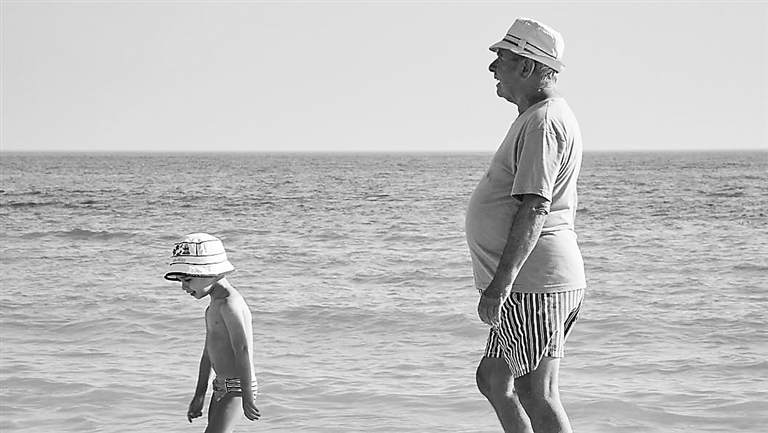
MEN over 50 years old have a lower chance of having a baby through in vitro fertilization (IVF), according to a recent study. The study, published in Acta Obstetricia et Gynecologica Scandinavica, comes as delayed parenthood becomes more common. While it’s well-known that a woman’s chance of having a baby through IVF decreases with age, the impact of a man’s age is less clear, the researchers wrote in the new study. For the study, researchers examined data on how often couples had a baby after going through IVF with a fresh, not frozen, embryo formed from the couples’ own eggs or sperm between December 2009 and August 2018 at the Center for Reproductive and Genetic Health in London. Although the center performed more than 24,000 total IVF cycles during that time, the researchers only analyzed about 5,000 that met their criteria. Overall, couples had a baby after about 40 percent of the 5,000 IVF cycles. When the researchers analyzed the outcomes for fathers in different age groups, they found that the rate of couples having babies after an IVF cycle decreased with the father’s age. More specifically, it was almost 50 percent for men under the age of 35, 41 percent for men ages 36-40, about 35 percent for men ages 41-45, and 32 percent for men between the ages of 46 and 50. Men older than 50 had a significantly lower chance of having a baby — 30 percent. But the researchers said fathers’ ages did not appear to affect the risk of miscarriage. It’s not surprising that older men showed differences in reproductive outcomes after IVF, says urologist Bobby B. Najari, director of male infertility at NYU Langone in New York City. As men age, the DNA in their sperm is more likely to be broken up, which can result in lower chances for fertilization and higher risk for miscarriage. This can be an issue whether a couple uses IVF to try to have a baby or not. The men older than 50 involved in the current study, Najari notes, had a higher rate of using intracytoplasmic sperm injection (ICSI), a procedure added on to conventional IVF in which the sperm is directly injected into the egg instead of allowing them to combine themselves. Doctors typically recommend this procedure for men with lower sperm counts. Previous studies have linked fathers’ ages to adverse health outcomes after a child is born. A 2009 study published in PLOS Medicine found that children having older fathers was associated with impaired central nervous system functions during infancy and childhood. Another study published in 2012 found that a 40-year-old father was twice as likely as a 20-year-old father to have a child with either schizophrenia or autism spectrum disorder. This was because the risk for new genetic mutations in the father’s sperm increases with age, the researchers said. (SD-Agencies) | 
